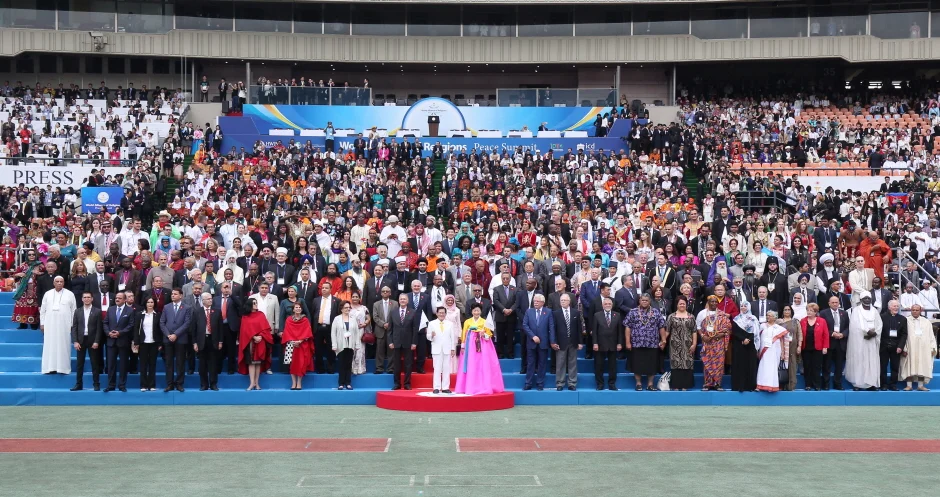Sunday, April 29
A Melting Pot
Narrative Lectionary Daily Devotions written by Kace Leetch from Clergy Stuff.
Athens was a melting pot – a cultural metropolis for art, literature, and the debate of new ideas. It was an ideal place for Paul to spread the good news of the risen Christ. If he debated well, Christ’s story would reach listeners from all over the continent.
While there, Paul took notice of the culture all around him. He saw a statue to honor “an unknown god,” and he saw within it an opportunity to introduce Christ. He also quoted popular poets of the day, “In him we live and move and have our being,” to help listeners understand the nature of God. It was a wise move, and he converted many while he was there.
One of Paul’s greatest strengths was to meet people where they were, to speak their language, and to connect with people as he shared how Christ had changed him. He didn’t force himself upon people. He didn’t demand they change. He engaged them, he listened to them, he understood them, and then he spoke.
One of the greatest strengths we can bring is to engage, listen to, and understand people where they are. Evangelism isn’t about force feeding people our truth. It is about sharing, interacting, and being witnesses to the miraculous and ordinary things God does in our lives every day. Listening and learning, even being willing to consider that we might be wrong and that we might have something to learn from others can be one of the greatest tools of evangelism we can call upon. Paul’s knowledge and understanding, and his imagination concerning God grew as he learned about Athenian culture. Ours can too.
Narrative Lectionary Text: Acts 17:16-31
While Paul was waiting for them in Athens, he was deeply distressed to see that the city was full of idols. So he argued in the synagogue with the Jews and the devout persons, and also in the marketplace every day with those who happened to be there. Also some Epicurean and Stoic philosophers debated with him. Some said, “What does this babbler want to say?” Others said, “He seems to be a proclaimer of foreign divinities.” (This was because he was telling the good news about Jesus and the resurrection.) So they took him and brought him to the Areopagus and asked him, “May we know what this new teaching is that you are presenting? It sounds rather strange to us, so we would like to know what it means.” Now all the Athenians and the foreigners living there would spend their time in nothing but telling or hearing something new.
Then Paul stood in front of the Areopagus and said, “Athenians, I see how extremely religious you are in every way. For as I went through the city and looked carefully at the objects of your worship, I found among them an altar with the inscription, ‘To an unknown god.’ What therefore you worship as unknown, this I proclaim to you. The God who made the world and everything in it, he who is Lord of heaven and earth, does not live in shrines made by human hands, nor is he served by human hands, as though he needed anything, since he himself gives to all mortals life and breath and all things. From one ancestor he made all nations to inhabit the whole earth, and he allotted the times of their existence and the boundaries of the places where they would live, so that they would search for God and perhaps grope for him and find him—though indeed he is not far from each one of us. For ‘In him we live and move and have our being’; as even some of your own poets have said, ‘For we too are his offspring.’ Since we are God’s offspring, we ought not to think that the deity is like gold, or silver, or stone, an image formed by the art and imagination of mortals. While God has overlooked the times of human ignorance, now he commands all people everywhere to repent, because he has fixed a day on which he will have the world judged in righteousness by a man whom he has appointed, and of this he has given assurance to all by raising him from the dead.”


